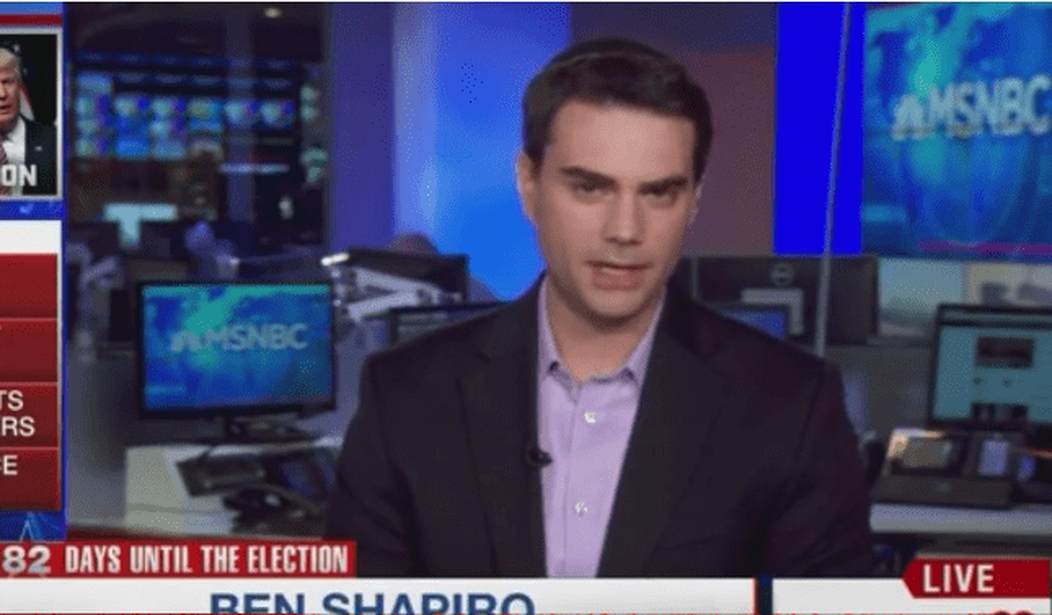The top Democrat on the Senate Intelligence Committee said the screening process needs to be improved for Americans who keep visiting places where “jihadism abounds.”
New York and New Jersey bombing suspect Ahmad Rahami, a naturalized U.S. citizen who was brought by his parents from Afghanistan as a child, reportedly made trips to to the Af-Pak region that are a focus of the investigation into whether he committed the attacks with foreign assistance or guidance.
Rahami spent almost a year in Quetta, where al-Qaeda and the Taliban flourish. He married a Pakistani woman, who eventually came to the U.S. with him but left the country before the attacks. She was detained while passing through the United Arab Emirates this week so the FBI could question her.
Sen. Dianne Feinstein (D-Calif.), vice-chairwoman of the Intelligence Committee, told CNN on Tuesday that Rahami’s was “a real problem case,” including his violation of a domestic violence restraining order in 2012 and stabbing one of his siblings in the leg in 2014.
“I think going to Quetta in this situation, where the father was concerned and had said, whoa, my son may be a terrorist at one time, going to Quetta, which is a hotbed of jihadis, also causes some concern,” Feinstein said.
Rahami’s father contacted the FBI in 2014 over concerns about his son. The FBI said they combed databases, “none of which revealed ties to terrorism,” and the father later recanted his statements.
“The other thing, I think, is what was that about the explosives and who makes this bomb. What were the chemicals? My understanding is they were more — as has been said in one way, more sophisticated than other bombs,” Feinstein said. The criminal complaint against Rahami alleges that he ordered bomb components off eBay.
“But here is someone who clearly was a problem, but the problem was never defined sufficiently to prevent him from coming back into the United States. So, I think we have got to be more aware of this self-made radical lone wolf than we have been. And I would suspect that others may have conspired in making the bombs,” she added. “…And it’s a real problem in this country right now with lone wolves, as much as we suspected that it might become, and it has.”
The senator noted that Anwar al-Awlaki, the U.S.-born al-Qaeda recruiter killed in a 2011 drone strike in Yemen, appears to have inspired yet another lone jihadi through his lectures that still live on.
“I gather virtually every lone wolf or every attack in America since 9/11, the attacker has read the sermons of Awlaki. And Awlaki, as you know, died in 2012. But his sermons are all over the Internet. And in my mind, they form a very strong recruitment tool and we ought to find a way to do something about that,” Feinstein said.
She added that in addition to investigating Rahami and his possible ties, “we have also got to take a look, I think, at the soundness of our immigration policies with respect to people going repeatedly of this type to a place where jihadism abounds.”
Feinstein said it was “absolutely” a mistake for federal officials to not put Rahami on the terrorist watch list after the 2014 stabbing, which the FBI chalked up to domestic violence.
“But then hindsight is better than foresight. So, that’s an easy thing to say,” she said. “But it’s pretty clear to me that he should have been on some kind of a watch list.”
Rahami passed secondary screening after returning to the United States from Afghanistan and Pakistan.
“The screening has to take place for people who are here that go to places that teach terror or teach fight, and then want to come back to this country, to pick them up and prevent them from coming back to this country,” Feinstein said. “I think that’s part of it. I think we can always improve our screening, except it is very hard to do. The numbers are large. And it is very hard. And then we have programs that people can come in without a visa, like a visa waiver program that brings in 23 million Americans every year.”
“So, this is not a simple system. Tens of million of people go in and out of our nation every year. So, can we do better? Yes. Can we try to catch guys like this? Yes. Will we succeed? Some of the times, yes, and some of the times, we won’t. That doesn’t mean we should not try to improve.”









Join the conversation as a VIP Member